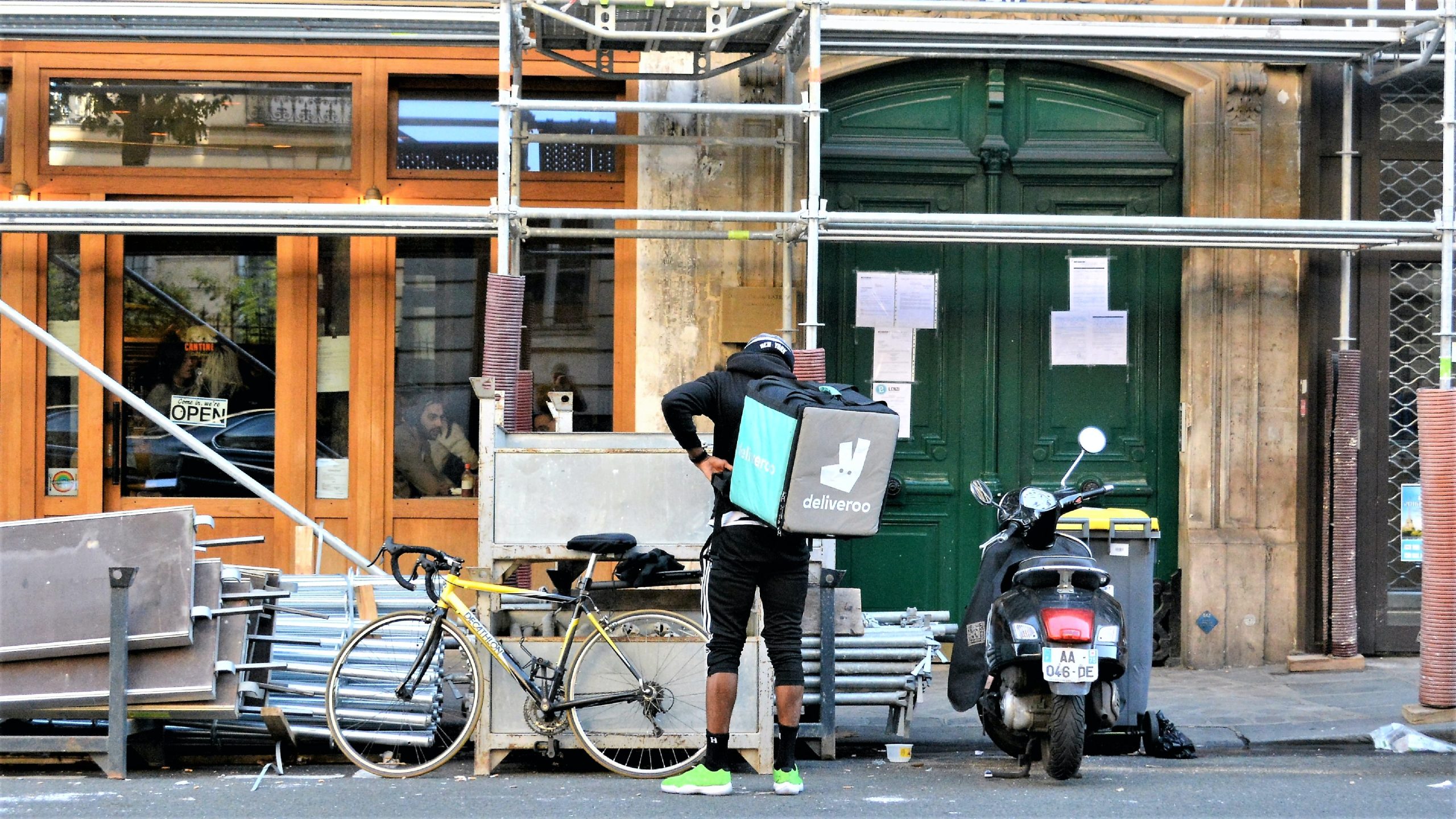The UK Supreme Court has ruled that riders working for food delivery giant Deliveroo are not legally considered employees and therefore cannot rely on trade union protections. This decision came after an appeal by the Independent Workers Union of Great Britain (IWGB), which had sought collective bargaining rights on behalf of the riders.
The court held that the riders did not meet the criteria of an ‘employment relationship’ under Article 11 of the European Convention on Human Rights. The judges emphasised particular aspects of the riders’ working conditions, such as their ability to appoint substitutes for their shifts, the absence of specific working hours, and the freedom to work for competing companies. These factors were deemed inconsistent with an employment relationship.
Importantly, the ruling clarifies that while the riders are not entitled to trade union protection from the perspective of collective bargaining, there is nothing preventing them from forming or joining a union. Additionally, the court noted that Deliveroo is not prohibited from engaging in collective bargaining with a union, demonstrating the importance of voluntary cooperation between the company and its riders.
The IWGB expressed disappointment with the court’s decision, as they had hoped to secure important employment rights for the riders. They argued that flexibility should not come at the expense of fair pay and the ability to engage in collective bargaining.
What does this case mean for HR professionals?
For HR professionals grappling with employment status classifications, this ruling serves as a reminder of the factors to be considered when assessing the nature of the relationship between a company and its workers.
Control, working arrangements, and economic dependence are crucial aspects to weigh, as they can significantly affect whether someone is considered an employee or an independent contractor. Staying informed about developments in employment status and trade union rights is essential for HR professionals to ensure compliance with the law and protect the rights of workers. By keeping up with changing legal interpretations, HR professionals can accurately classify workers and navigate the complex landscape.
What is the impact of this case on the gig economy?
The Supreme Court’s ruling that riders for Deliveroo are not employees entitled to trade union protections has broader implications for the gig economy as a whole. Firstly, the decision reinforces the independent contractor status of gig economy workers. This determination may embolden other gig economy platforms to argue for similar classifications, reinforcing the prevailing model of flexible and independent work arrangements.
The ruling also underscores the potential challenges for gig economy workers seeking collective bargaining rights. It highlights the difficulty in establishing an employment relationship necessary for certain trade union protections, further limiting the ability of gig workers to come together and negotiate for certain working conditions e.g. pay and benefits.
At the same time, the case raises questions about the adequacy of existing labour laws and their applicability to the evolving gig economy. The case invites further consideration as to whether the existing legal framework adequately protects the rights and interests of gig workers or if reforms are necessary to address the unique dynamics of this emerging sector.
From a broader perspective as the gig economy continues to grow, this case serves as a touchstone for legal and regulatory discussions related to employment status, trade union protections, and workers’ rights and how to strike a balance between access to flexible work opportunities and comprehensive protections for workers.







